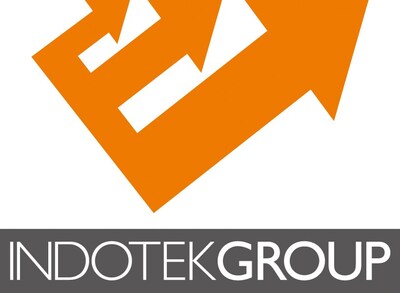Indotek Group, the Budapest–headquartered European real estate investment and asset management company, has acquired a diversified portfolio of 524 residential and commercial properties in Spain. The portfolio was acquired in a structured transaction comprising NPLs and real estate asset
The acquisition marks a strategic step in Indotek Group’s Iberian expansion and builds on over a decade of experience in European NPL and distressed asset transactions, targeting high–potential assets across multiple sectors.
Daniel Jellinek, CEO of Indotek Group, commented: “The acquisition is an important step in our strategic expansion in Western Europe and complements our existing portfolio in Spain. It also adds to Indotek Group’s successful track record in executing complex NPL and distressed asset deals with international partners and offers the opportunity to apply our value creation approach to underperforming portfolios.”
The acquired portfolio has a current market value of approximately EUR 43.5 million, with over 90% comprising residential assets, including 307 apartments and 89 houses, complemented by ancillary units such as parking spaces, outbuildings, and select commercial properties.
The portfolio is geographically diversified across Catalonia / Cataluña (40%), the Community of Madrid / Comunidad de Madrid (18%), the Community of Valencia / Comunidad Valenciana (15%), and Andalusia / Andalucía (11%).
Michael Reinmuth, Head of Transactions for Spain and Portugal at Indotek Group, said: “The transaction expands our Iberian presence beyond hotels and shopping centers, adding scale in residential and NPL assets with clear value–creation potential.”
Indotek is cooperating with Redwood, a local partner recently acquired by BCM Global, in evaluating, pricing, and clearing the portfolio and is actively exploring further NPL and distressed asset opportunities in Spain. In parallel, the Group is assessing new pipeline deals across Portugal, Italy, and selected Central European markets, aiming to leverage its established cross-border asset management and servicing capabilities.
“This deal marks a milestone in our international NPL strategy. After 18 months of preparation, it puts us on the Spanish NPL map with a transaction of significant scale and complexity,” added Anna Vavrinecz, Director of NPL Investments at Indotek Group.
Indotek Group is an established player in the Spanish real estate market, with a portfolio valued over EUR 230 million spanning hospitality, retail, and now residential and mixed-use assets. Its holdings include retail properties such as Espacio León shopping center in Castilla y León (acquired from Blackstone in 2024), Vilamarina in Barcelona, and Pueblo Bonaire Factory Outlet in Valencia. Its hospitality portfolio comprises seven seaside hotels with more than 1,680 rooms.
The transaction reflects Indotek’s European investment strategy, focused on revitalizing underperforming assets, diversifying cash flow, and pursuing value-add opportunities across its 12-country footprint.
The transaction was advised by DLA Piper (legal) and KPMG Madrid (financial) for Indotek Group. Alantra acted as the sell-side advisor, supported by Dentons London and Cuatrecasas Madrid as legal counsel.
Original Story: PR Newswire| Author: Indotek Group
Edition: Prime Yield
Image: Indotek Group










